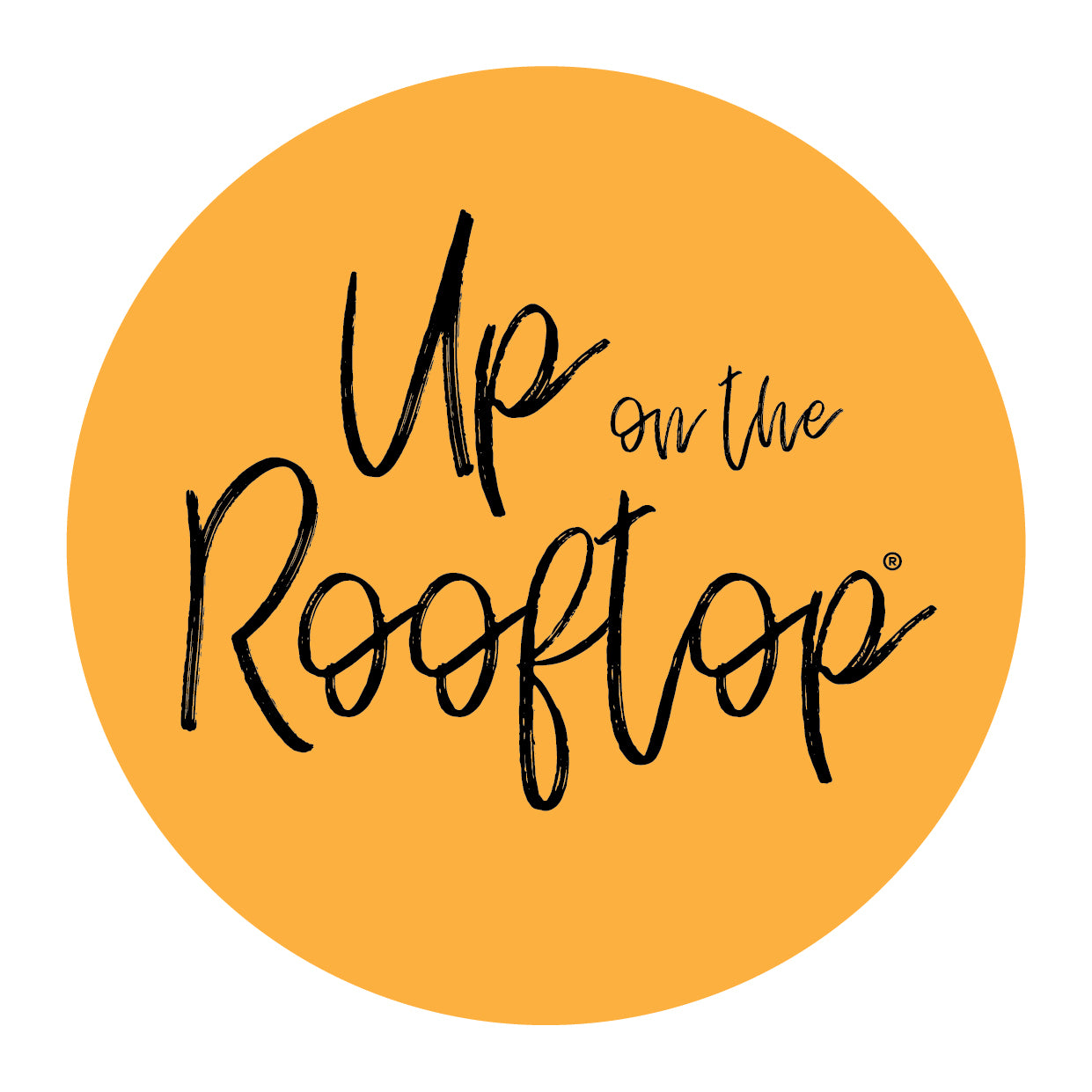Grow Your Own – How to be an Urban Farmer
Many of you, it seems, are keen on growing your own food. This interest seems to be most evident in city dwellers who are increasingly seeking a connection to where their food comes from, and also an awareness that a secure supply of food is not a given for the future. There is also an awareness that children are increasingly disconnected with how fresh food is produced and many parents want to do something about that. So……
I have teamed up with my co-author soil scientist Simon Leake to write a book about the details of how to grow food in urban and suburban environments. Simon and I studied agricultural science together at Sydney University in the 1970’s at a time when it seemed like we could do a lot of good in helping to feed the world, an idealistic notion to be sure. We both realised pretty quickly at the time that feeding the world was a political rather than agricultural problem. It was the heyday of factory farming, when bigger was seen as better. Well, times have changed and many people are now realizing that industrial agriculture, whilst pumping out lots of food, has created significant environmental problems.
Simon Leake and I both went on to careers in urban horticulture, and have spent a lifetime helping professional horticulturists and home gardeners grow their own. We have now put all of this knowledge into Grow Your Own, and hopefully produced a book that teaches you the basic principles of growing your own food, and particularly in urban environments.
Simon Leake is a soil scientist who established the Sydney Environmental and Soils Laboratory in Sydney to provide a variety of services to urban horticultural projects around Australia and overseas. Simon has a very hands on, practical approach to horticulture and has brought his specialist knowledge of soils, potting mixes and related subjects to Grow Your Own.
Grow Your Own takes you through all the first principles of growing food in a very practical, down-to-earth style that gives specific instructions on every aspect of urban farming. We have deliberately sought to use a conversational style that avoids horticultural or scientific jargon so that the average urban dweller can read and apply the knowledge easily.
The subjects covered include; soil and potting mixes for edible gardening, how to create the right growing environment, choosing the right crops, constructing garden beds, propagating food plants, composting and fertilising, water and drainage, managing pests and diseases and the future of urban farming.
The book is lavishly illustrated throughout and features a variety of case studies that show you various urban farming situations that will give you plenty of practical ideas.

